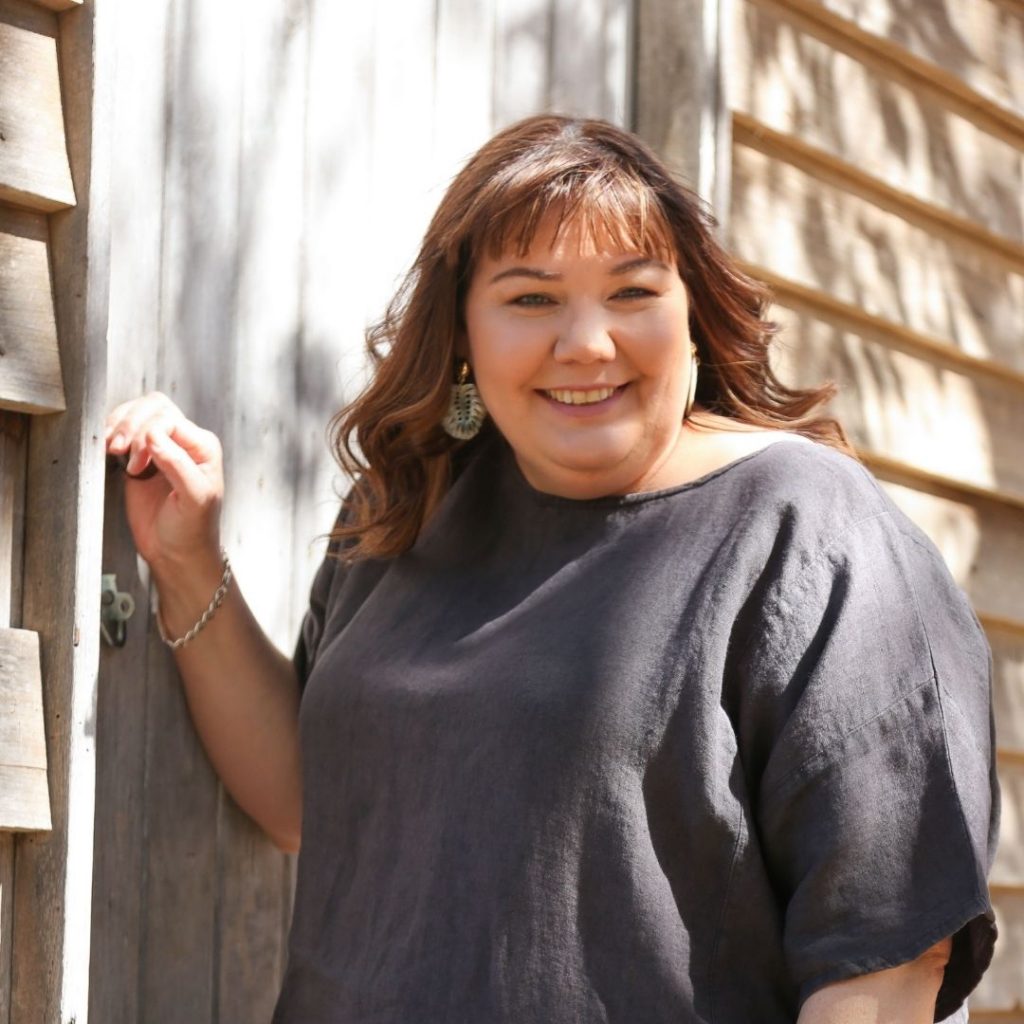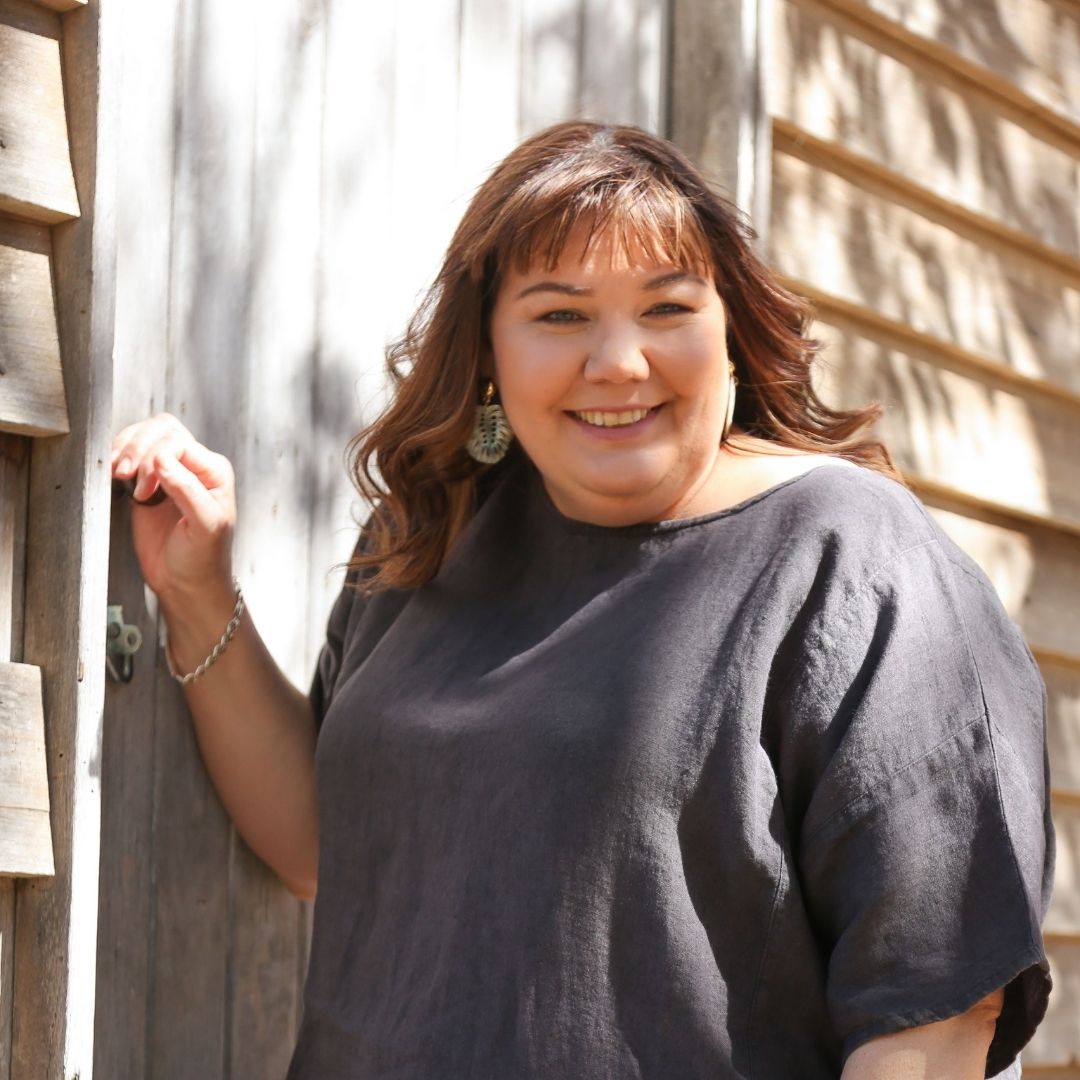Victorian-based dairy farmer Sarah Parker was to attend the 2020 Commission on the Status of Women (CSW) as part of an Australian Delegation, championing the role of Australian rural women, at the United Nations in New York.
In a year like no other, instead of being in New York, she is finding new ways to connect and stay strong.
“2020 has taught us that the only constant in life is change,” admits Sarah.
“It’s important to realise there are always opportunities and when something ends, it’s not the end of you,” said Sarah.
“Never say never and think about yourself and who you are and think about your skillset.”
It is timely advice.
As part of this year’s International Rural Women’s Day, Sarah says she is in awe of how rural women are learning to pivot with the complexities of a pandemic both on and off farm.
“Rural women wear multiple hats and now more than ever they’ve had to cope with working additional hours on farm, working from home and home schooling and in some cases, the additional off- farm income earning opportunities in their businesses and employment roles have been significantly reduced and in some cases lost completely,” said Sarah.
“The impact of COVID19 which was preceded by drought, floods and fires has no doubt challenged and strained, in some cases, the resilience levels and mental health of our rural communities. This has been further exacerbated by the loss of employment and income generation opportunities.”
Rural women are key to vibrant communities
According to Sarah, rural women hold the key to surviving any kind of crisis.
“Rural women are connected, even if that means virtually because they’ve had to cope with isolation before COVID-19. When you are forced into finding solutions, very often you do,” she said.
But rural women have also benefited enormously from the work of earlier generations, who learnt early on the power of networks.
Networks such as Australian Women in Agriculture (AWiA) of which Sarah is a director and current president and the National Rural Women’s Coalition which brings together Australia Peak Rural Women’s Representative Groups. Sarah is also a Rural Women’s Award Alumni (2009 Victorian Finalist) and a director of the Goulburn Broken Catchment Management Authority. She is also an active member of both the Victorian Farmers Federation (VFF) Workplace Relations and Education Committee and the VFF’s Farm Business and Regional Development Committee. And is company secretary of the National Rural Women’s Coalition.
What is interesting, is the interconnectedness of lots of commodities and community groups, whether the connection is formal or informal it is empowering and a force that works for the betterment of farming communities, said Sarah.
From child services to dairy farming
Born and raised in Brisbane, Sarah will tell you she did not come to farming naturally but has been able to take her passions and skills in community development and project management and apply these in the farming and rural sector.
Her corporate career began in community development and children’s services working across regions and sectors in areas of low socio-economic status, in challenging communities where unemployment, poverty and food security was intergenerational and well documented.
“I have learnt that I had what you call transferable skills which have served me well transitioning to other areas,” said Sarah, who completed a Masters in Agriculture and Rural Development from the University of Western Sydney, prior to relocating.
Sarah’s husband Raymond grew up on a dairy farm and moved to the city for his career, where they met and settled down. They spent a period of time travelling to dairy farming regions in Australia during holidays, before finally deciding on Victoria in 2004 after Raymond attended International Dairy Week at Tatura and met an Illawarra Breeder who offered to lease them a farm and mentor the move into dairying. They packed up everything into a trailer and headed to a farm in Victoria.
“I was quite naïve about the reality of farming but am thankful for the opportunities it has provided.” Sarah admits.










